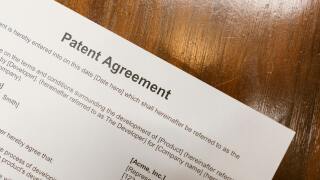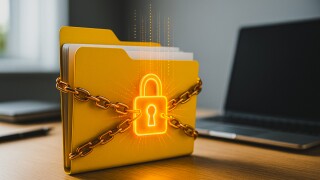Firm
Blank Rome’s launch in West Palm Beach, marked by the arrival of two IP partners, comes in response to rising demands from technology clients
Abion says it has brought on board Matt Serlin as its first US hire to meet client demand for ‘full circle’ trademark and domain name services
The firm is continuing its aggressive IP hiring streak with the addition of partner Matthew Rizzolo
New partners, including the firm’s first female head of a department, are eyeing a deeper focus on client understanding
Recently published Special Focus articles
Recently published Special Focus articles
-
Sponsored by Tilleke & GibbinsLoc Xuan Le, Giang Hoang Bach, and Duc Anh Tran of T&G Law Firm LLC (TGVN), the local associate firm of Tilleke & Gibbins, report on a rare challenge to a non-use cancellation
-
Sponsored by Bird & BirdMarta Koremba, Mateusz Żuk, and Michał Liszka of Bird & Bird report on a notable judgment concerning an infringement of the Prosecco geographical indication in the cosmetics sector
-
Sponsored by Saint Island International Patent & Law OfficesSumin Lai of Saint Island International Patent & Law Offices outlines how the decisions offer valuable insights into inventive step assessment in Taiwanese patent disputes
-
Sponsored by Maiwald Intellectual PropertyKerstin Wolff and Tobias Matschke of Maiwald Intellectual Property examine a landmark Unified Patent Court decision on second medical use claims and compare it with Germany’s established approach to ‘skinny label’ products
-
Sponsored by Spoor & FisherHerman Blignaut of Spoor & Fisher South Africa addresses whether the act extends to intellectual property rights and reassures brand owners that constitutional protection remains intact
-
Sponsored by InspicosJakob Pade Frederiksen of Inspicos analyses a ruling confirming that patent claims must be interpreted with reference to the description and drawings





















